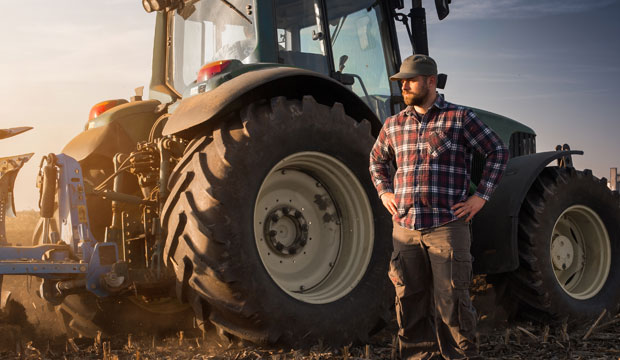Last year G2 Crowd introduced predictions for 2018’s major digital trends, but this year the focus is on trends in specific industries and how digital transformation will affect them in 2019.
This post is one part of G2 Crowd’s 2019 digital trends series. Read more about G2’s approach to digital transformation trends in an introduction from Michael Fauscette, G2 Crowd’s chief research officer.
AgTech Trends in 2019
With a heavy dose of innovation and disruption, agriculture technology, or agtech, has transformed the operational processes and expectations of the agriculture industry. Like any other industry that’s transformed by tech, the agriculture space must keep up with changing work styles, updates in equipment and mobile devices, and customers who demand speedy results.
Unlike other industries, however, agriculture also has to contend with using such technology to radically transform the way food is produced, population is sustained, and environment is saved.
No big deal.
Luckily, AgTech is taking cues from the innovation within the medical industry.
The health care industry has long been stereotyped as difficult to change. It’s seen as stuck in its legacy systems, and frozen with the fear of investing too many dollars into unhelpful and frustratingly complicated software and platforms. However, thanks to significant regulations and legislation in recent years, health care was forced to change, and change quickly. Now, vendors are nearly tripping over themselves, offering easy-to-use and cloud-based solutions that optimize the overall or specific portions of medical practices.
It’s now time for the agriculture industry to have its turn with technology. Innovation has already come about within the ag industry (just look at the evolution of crop modification), but there’s a special type of change that comes with leveraging cutting-edge technology in one of the oldest industries in the world. For example, biotech has already made waves within the medical industry. If biotech can edit human DNA to combat diseases, then it’s a sensible leap to apply that same technology toward the improvement of crop yields and fighting of crop-devastating diseases.
2019 (and beyond), synthetic biology will become the norm in agtech. Let’s just take a look at the numbers: By 2020, the bioproduction industry is expected to reach $100 billion.
Bioproduction’s potential impact on farming is staggering; bioproduction adds on to existing technologies such as GMOs to produce a variety of foods at lower costs. Which makes sense; according to Statista: “Over the last decade, the issue of genetic engineering has increasingly been on the agenda. The United States has by far the highest acreage of genetically modified crops worldwide. Some crops have a very high share of GM crops per species. For example in 2016, some 94% of all soybeans planted in the U.S. were genetically modified so as to be herbicide tolerant.”
G2 Crowd, Jasmine Lee, December 3, 2018

